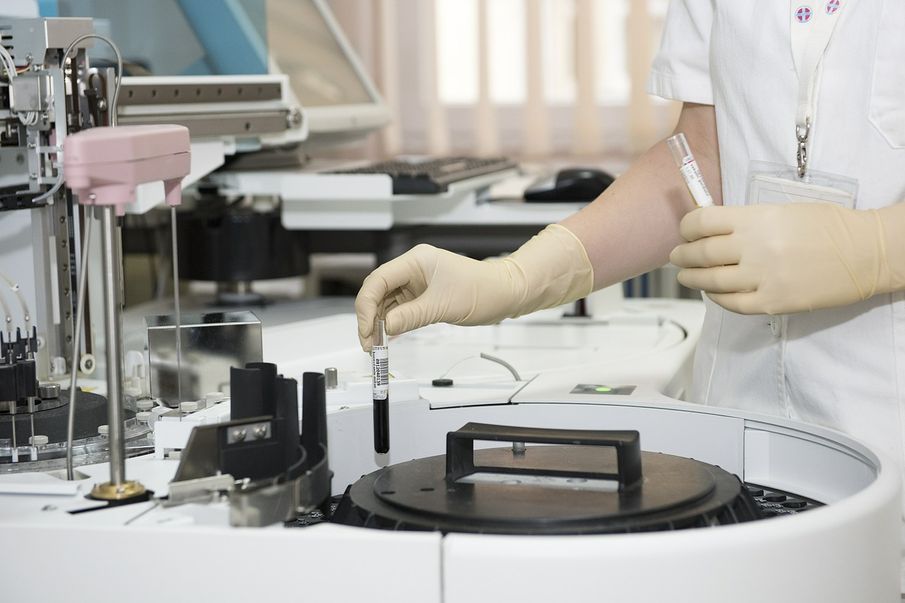New YouGov survey reveals Brits of all ages and political beliefs are willing to step-up and help the NHS in their fight to find new cures
Results of a new survey into the British public’s attitudes towards the future of medicine were published earlier today. Conducted by YouGov for the Association of the British Pharmaceutical Industry (ABPI), the poll asked over 3,200 people about their attitudes towards science and healthcare.
Amongst other questions, participants were asked about their personal willingness to be involved in research, and if they would be willing to allow the NHS to use their healthcare data.
These results come just days after the announcement that ex-MP and former culture secretary, Baroness Tessa Jowel is to become the first person to donate her medical data to the global health database. Baroness Jowel, who has an aggressive brain tumor, hopes her medical data donation to the Universal Cancer Databank (UCD) will help researchers seeking to develop better treatments. The initiative will provide researchers around the world with free access to anonymised data within the database.
Results from YouGov reveal the majority of those surveyed would be willing to donate organs and blood for medical research, as well as to allow for their personal data and DNA to be used to help advance healthcare. Participants across the board, regardless of gender, age, geography and political beliefs, showed a willingness to help advance medical research.
When asked which medical breakthrough they would most like to see over the next 70 years, those surveyed overwhelmingly chose cancer (49%) followed by Alzheimer's (22%).
Dr Sheuli Porkess, Deputy Chief Scientific Officer at the ABPI said “In its 70th year it’s clear that the British people’s commitment to the NHS is as strong as ever. It’s heartening to see that people care about quality of life and eradicating disease - and the fact they are willing to get involved.”
“There are almost 7,000 potential new medicines currenting being developed for many diseases, including mental health conditions, heart disease, rare diseases - with almost 2,000 for cancer alone. We hope that some of these will be the breakthroughs that people in the UK have said they are hoping to see.”


Comments